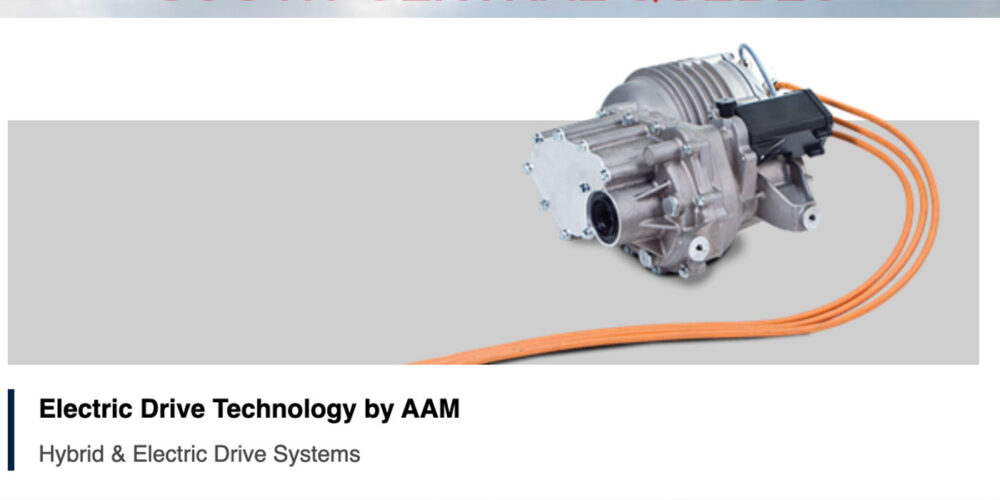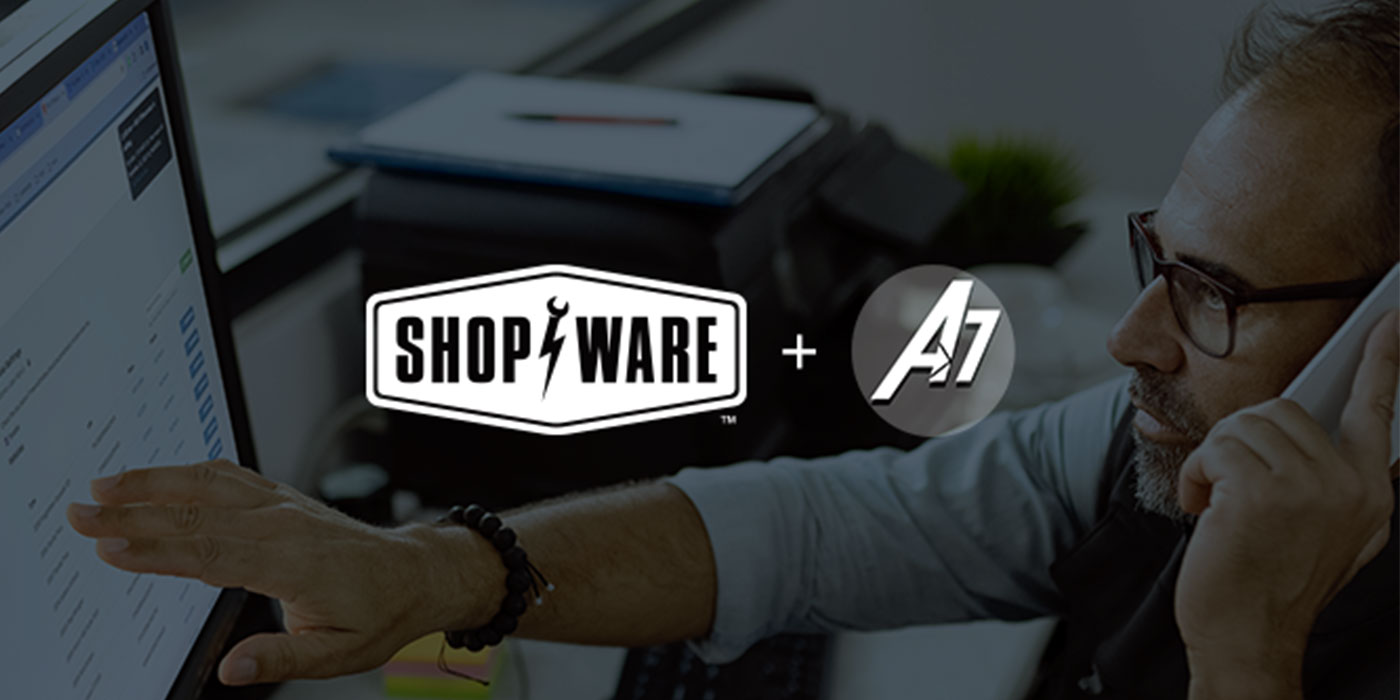Private label has become an especially hot topic in the automotive and heavy duty distribution businesses. In fact, private label sales are growing at the expense of manufacturers’ brands around the world. The importance of making the right private label decisions for all manufacturers, distributors and retailers will continue to grow.
D. Bruce Merrifield, Jr., president, Merrifield Consulting Group, Inc. and Bill Wade, president, Wade & Partners, are working on a joint project in this area and will share their results at the 2008 Global Automotive Aftermarket Symposium (GAAS) in Chicago. Below is an excerpt from their presentation, which takes place at 3:30 pm on Tuesday, May 20.
Anyone who is occupationally affected by or intrigued with the rapid increase in global private label products (PLPs) sales should carefully read the book, “Private Label Strategy: How to Meet the Store Brand Challenge.” This well written and comprehensive book focuses on the global best practices for consumer PLPs or “store brands.” But, many of the book’s statistics, economic studies and summary guidelines can be readily applied to the accelerating sales of PLPs within automotive/heavy duty/industrial aftermarket distribution channels.
Private label sales are growing at the expense of manufacturers’ brands around the world. The U.S. is actually a laggard in total private label sales among first-world economies. Western European countries range from a low of 25 percent to a high in Switzerland of 38 percent, and the U.S. will presumably close some of that gap as retail consolidation catches up with Europe’s.
Store brands are present in 95 percent of consumer product goods categories. Even Barnes & Nobel is shooting for 10 to 12 percent of its sales to be on store brands by 2008. Their Sparks Notes series, for example, is an equal or better quality knockoff (at least they have more pages) of the CliffsNotes series that we relied on in high school, but costs $1 less per volume. Number-one factory brands around the world are still, on average, growing very slowly, so private brand growth is coming entirely, again on averages, out of the share that has belonged to all of the other, lower-ranking, brand names.
The simple reasons for why store brands are succeeding are:
• Too many name brands have become unchanging commodities … that can be reverse-engineered quickly, accurately and cheaply, then made and sold for a lot less than the brand-name goods.
• Consolidating store chains control the retail location traffic and shelf-space for displaying the copycat products right next to the targeted brand product with unconditional satisfaction guarantees.
• Consumers (including functional consumers such as repair technicians) continue to test the products, find real value and spread the word.
• PLP sales have shifted supply chain profit power to the retailers from the name brand manufacturers.
• One third of consumers are loyal to the stores (as brand themselves) that they shop at; 50 percent are still loyal to name brands and will go to whatever store stocks them; and 27 percent are undecided.
Doesn’t this sound pretty familiar to anyone who has competed in the North American aftermarket in the last few years?
Merrifield and Wade will discuss the causes for the disappearing profitability of private label and what manufacturers can do about it during their presentation at the 2008 GAAS. To learn more about this topic, you can register to attend the 2008 GAAS by clicking here.













